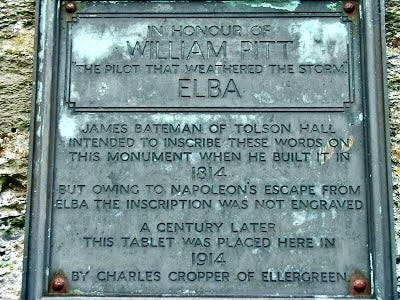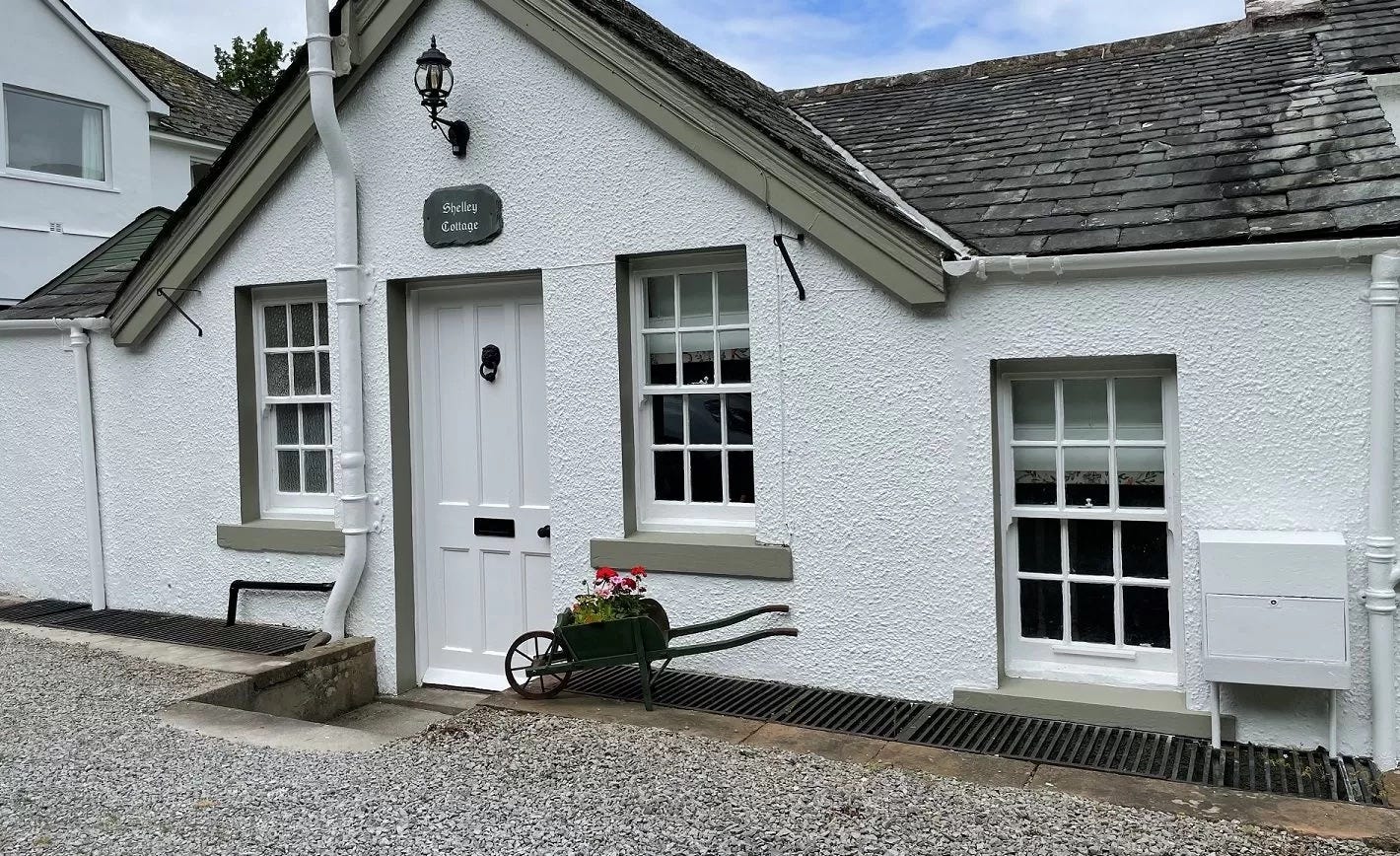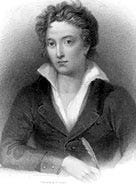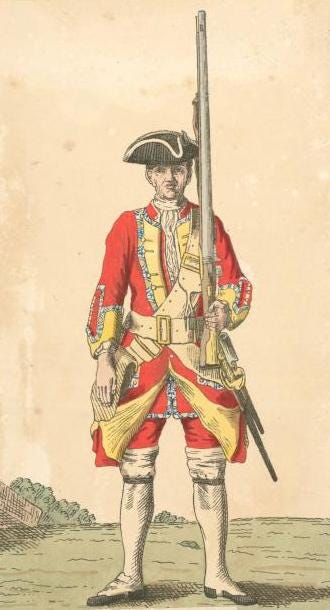Why pacifist poet Shelley got punched when he lived in Keswick
He arrived in the darkest days of the Napoleonic wars - and outraged patriots with his strange explosions, loose living and revolutionary outbursts
At seven o’clock on the freezing night of Sunday, 19th January 1812, one of the greatest poets England ever produced opened the front door of the Keswick cottage he had been renting for three months, and was knocked unconscious for several minutes by an intruder.
Exactly who the assailant was or what prompted him to rain heavy punches onto the round, flat face of the delicate aristocrat Percy Bysshe Shelley was not clear at the time. One thing is for sure, however: the motive wasn’t robbery.
The doorstep attack took place in the thirteenth year of Britain’s desperate war against Napoleon. Opinion among the weary, hard-up but overwhelmingly patriotic middle class residents of Keswick, some of whom were even sewing uniforms for soldiers, had been moving strongly against the nineteen-year-old poet for weeks.
Shelley had set up home in Chestnut Cottage on the steep Penrith road two miles south of Keswick town centre.
Soon the neighbours were alarmed by strange lights outside and sudden noises inside the cottage, his outspoken revolutionary views, his provocatively “devilish” deportment during his daily walks down the hill to the town Post Office and his unusual menage, namely living with two ladies.
Another point of friction was his upper-class habit of running up bills with local shopkeepers without paying them if he could get away with it. Shelley lived his entire adult life on credit. He raised a string of loans using his inheritance expectations as security. This lack of egalitarianism led to middle class writers in his acquaintance such as John Keats never trusting him.
In fact, that winter, Shelley’s predicament had become even worse than the locals knew. He was still traumatised after being expelled from Oxford University in March for atheism. He had petulantly defied the wishes of his socially insecure father by marrying the beautiful but immature sixteen-year-old Harriet Westbrook, the daughter of a mere London coffee shop owner. And Shelley was already having doubts about that relationship as he struggled with his indeterminate sexuality.
Although he would eventually be hailed as the epitome of Romantic poets, all clouds, west winds and “Ode to a Skylark”, Shelley was actually one of our most radical writers. Within six years he would publish Ozymandias, a brilliant and ambiguous poem featuring a ruined statue of a purported King of Kings in a desert, symbolising the futility of tyrannical rule.
A year later he would issue The Masque of Anarchy, a ferocious protest at the massacre of eighteen artisans by British Government soldiers in 1819 at a protest in Peterloo, Manchester. The poem’s most famous line is the chilling: “I met murder on the way — he had a mask like Castlereagh” (the repressive Tory Foreign Secretary).
Even members of Shelley’s close family regarded him as dangerous
Shelley was a vocal supporter of republican rebellion at a time when at a time when Government spies were everywhere, hunting down utopian radicals. Holding such views had got many others tried for treason. Even members of Shelley’s close family regarded him as dangerous. Shelley was particularly reckless to parade of his pro-revolutionary politics in Cumberland of all places, a county with a long history of robust support for the monarchy.
After Nelson beat Napoleon’s navy at Trafalgar in 1805 - ending a six-year period of intense invasion fears - locals had been hoping that life would get better. But, though beaten at sea, the French dictator had continued to be successful in his land campaigns on the continent, and that continued to damage Britain’s trade.
The isolated Cumberland economy went into a severe downturn as Government taxes soared to pay for the growing need to expand the army.
The cost of food skyrocketed due to Napoleon’s blockade, causing shortages bordering on famine. Strikes, protests and Luddite machine breaking erupted nationwide. For the first time in British history, organised working class radicalism had emerged, a dangerous commodity since it had no Parliamentary representation and therefore it had to find other outlets for its frustrations.

Cumberland was obliged by Parliament to send 615 men to serve as soldiers in the Napoleonic wars for terms of three to five years. Their names were selected by ballot. But the Government allowed the wealthy to pay working class men to take their places on the front line. Many poor Cumberland men were thus faced with a choice between fighting or starving.
Resentment grew that only aristocratic landowners and manufacturers were benefitting from the war. Given all this, it is not surprising that Shelley’s stay in Keswick ended in violence, bitter words and a hysterical, opium-suffused nervous collapse on the part of the poet. Yet despite its turbulent conclusion, his brief visit to the Lake District was to have a profoundly positive influence on his artistic career.
…..
This is an extract from our new book entitled “People of The Sacred Valley” which tells the histories of remarkable individuals who lived along the banks of the Derwent River in Cumbria.
You can pick up a copy from the New Bookshop on Main Street, Cockermouth. It is also available at Moon and Sixpence cafe, Lakeside, Keswick, Bookends in Keswick and Carlisle, along with Sam Read in Grasmere.
Or you can buy it as a printed book by post instantly here: www.fletcherchristianbooks.com
Keep reading with a 7-day free trial
Subscribe to Hidden Cumbrian Histories to keep reading this post and get 7 days of free access to the full post archives.








